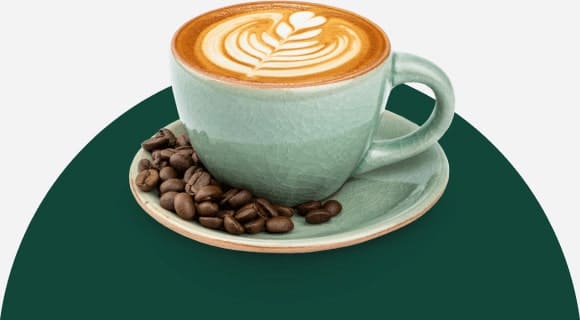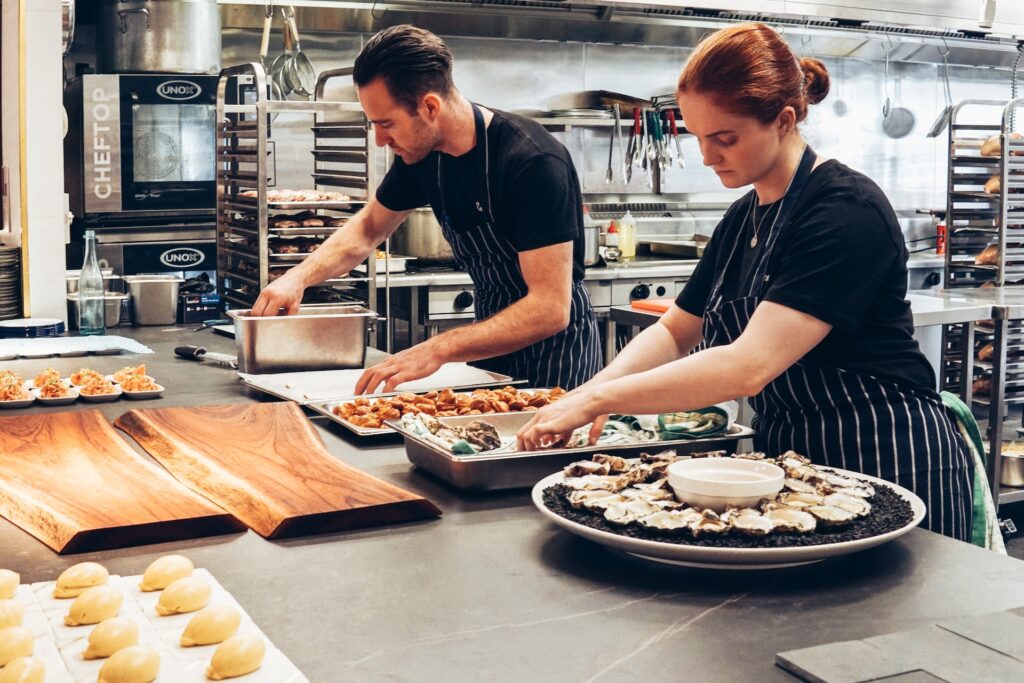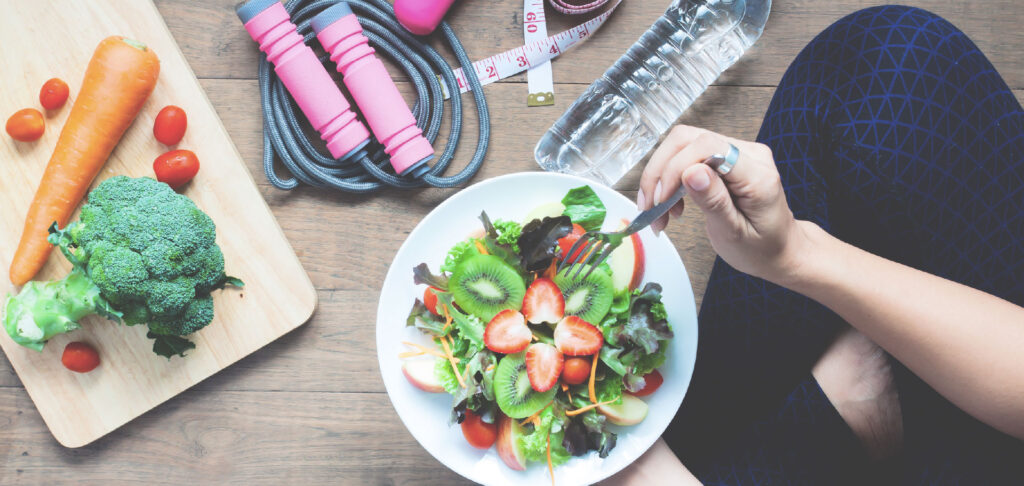Intermittent fasting involves alternating between periods of eating and fasting. But is all food and drink off limits during a fast? What about your morning cup of coffee or tea? And what exactly breaks a fast?
There are several different types of intermittent fasting (IF), and what’s allowed during a fast depends on which method you choose and what your goals are.

There are two parts to intermittent fasting: feeding window (eating) and fasting window (not eating). IF is not defined by certain foods, but we always recommend low carb during times of eating.
By definition, fasting is when you refrain form eating or drinking any calories. Many people use fasting for specific health benefits — autophagy (cell turnover), ketosis, fat burning and insulin sensitivity. Despite what you may think, fasting is not about dehydration and starvation. There are certain drinks and food you can consume that mimic the fasted state, and allow associated benefits to occur.
Take our free quiz to learn more about how you can achieve your long-term health goals, and read on to discover what you can eat or drink while intermittent fasting.
Below is a run through of 5 different foods and drinks you can consume during a fast to help you reach your health goals.
Water
Plain water is one of the best options to drink during a fast. It will keep you hydrated and doesn't have an enzymic effect. Stick to still or sparkling water. To add flavour, you can infuse it with slices of lemon, berries, cucumber or a cold tea infusions.
It's important to keep hydrated during a fast, so aim to drink between 1-3 litres of water a day.

Tea
Tea provides great comfort and can be enjoyed in copious amounts while you fast. Feeling colder than normal while fasting is normal. Tea will keep you warm and make you feel full, without the caffeine hit you normally get from coffee.
Drink herbal, black, oolong, green and white tea, without anything added. Please be aware that tannins in tea can cause nausea if you drink them on an empty stomach. You may need to shop around to find one that agrees with you.
Coffee
Research has even shown that coffee consumption can increase ketone production and regulate blood glucose, which enhances metabolic health. However, some people are particularly sensitive to caffeine and it can raise blood glucose levels.
Drinking coffee on an empty stomach can make you more sensitive to caffeine, so you may experience acid reflux, upset stomach, anxiety, the jitters or sleepless nights. If you're nodding along to this, then try to avoid coffee or use swiss water decaffeinated coffee.
Drink black coffee, without anything added, and limit consumption to earlier in the day so it doesn't disrupt your sleep.

Apple Cider Vinegar
Apple cider vinegar is loaded with health properties — boost healthy gut microbiome, aids digestion, improves insulin sensitivity, lowers blood glucose and increases satiety. Apple cider vinegar is mostly made up of water, acetic acid and gut loving probiotics. It has a very minor calorie content and won't break your fast.
Apple cider vinegar will help mute cravings and quench thirst. Dilute 1-2 tablespoons in 1 cup water, and enjoy!
Bone Broth
Bone broth is a rich source of minerals, and will help replenish electrolytes, which are normally lost during a fast. It is also a great source of collagen, which will restore and repair the gut lining.
Bone broth contains protein, which can cause an insulin spike and break a fast. However, the calorie content is considerably low, so it will keep you in ketosis. Similarly with bulletproof coffee, if drinking bone broth means that you prolong fasting, or find it easier, then I would say, roll with that. It will help you repair insulin sensitivity, which is the ultimate goal!
With the SMART Health Journey, you get personalized nutrition advice to help you find the best foods for your body.
SMART Health Journey
If you need help with
your diet or health and weight loss goals, call us at 604-360-1922 or set up an
appointment with our Registered Dietitian for personalized nutrition advice.











